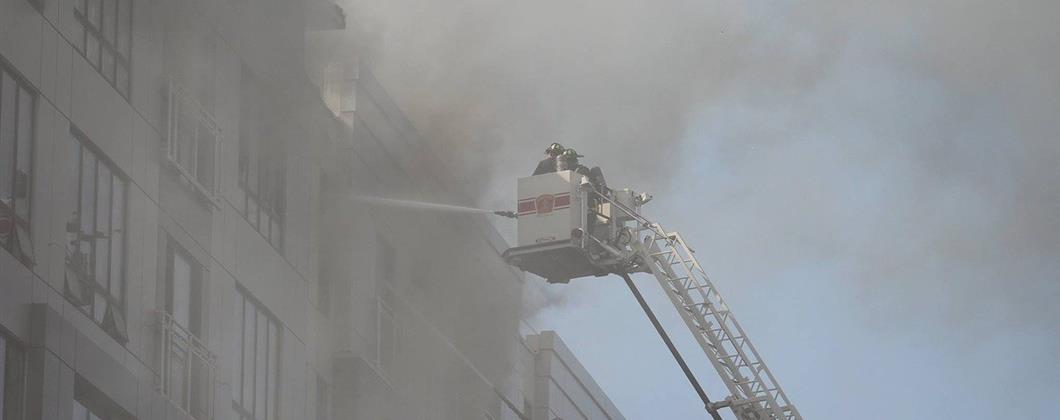4 Tips To Minimise Fire Risk to Your Business

As I’m sure you can appreciate, fires have been a major source of claims for insurers in recent years which is why fire safety and risk management is such a hot topic at the moment. One of the most necessary and crucial aspects to protect your business, employees and customers is fire prevention. Often these situations are unexpected and escalate quickly, but if the correct measures are in place, the extent of damage can be reduced. In order to minimise fire risk to your business, there are some important steps you should take. These will include ensuring that if you do suffer a fire related incident then you have sufficient commercial fire insurance coverage to put you back in the position you were in before the fire.
1. Investigate any potential fire hazards
In every business establishment, there are always common hazards that can become the source of a fire. Undertaking fire risk management in all corners of your business is paramount. This can be done by conducting a survey and fire risk assessments. Risk assessments will usually include removing fire hazards, keeping flammable substances stored safely and so on. You can also find government guidelines online on fire safety in the workplace but please get in contact if you would like a fire risk assessment guide and template.
2. Ensure you have proper up-to-date safety equipment
Another step which you need to include when doing fire risk management is having effective safety equipment. Every business needs to have working fire extinguishers, smoke detectors and alarms as a standard. You can find a range of specialist equipment online that will help reduce fire risk.
Not only must you ensure you have proper safety equipment, but you must also ensure it is up to date. Fire equipment may already be in place from a company occupying the premises before yours, but you must check this is still working. Smoke detectors tend to have a life expectancy of 8-10 years, so it is important to test them out regularly.
3. Arrange commercial fire insurance coverage
Alongside undertaking fire risk management, commercial insurance covering you for fire damage is essential. In the event of a fire occurring, your commercial insurance will provide financial support to pay for repairs, replacements, and rebuilding property. There is also a business interruption element which can be included in your commercial insurance package to provide additional financial support to help your business continue to operate while the rebuild or repairs are happening at your current property. The price of commercial fire insurance coverage will vary depending on each business and your current risk management arrangements. It’s also good to keep in mind that depending on your business, fire insurance for commercial entities may not always be automatically included. Ensure you check which type of cover is the most appropriate for your business and speak to us about tailoring a quote for you.
4. Set out clear protocols for staff
Communicating fire risks with staff is key. This is vital in preventing injuries, damage to the building and loss of life. Therefore, a clear fire evacuation plan needs to be in place. This should highlight the emergency routes and exits, and the protocols to follow. Your fire risk management should also clearly identify evacuation plans for employees who have disabilities. As well as this, you should provide fire safety training for staff, such as fire drills. If these procedures are not followed it may impact things when making a claim from your commercial fire insurance coverage. We recommend you always prepare ahead instead of leaving things to chance.
For advice and recommendations on which insurance cover to take out for fire risks, contact Alan & Thomas. We provide a range of covers including commercial insurance. Alan & Thomas strive to help keep businesses protected when the unexpected occurs. We also offer risk management to identify a vast range of potential issues which could affect each business. Call us today on 01202 754900 or email info@alan-thomas.co.uk to find out more.
